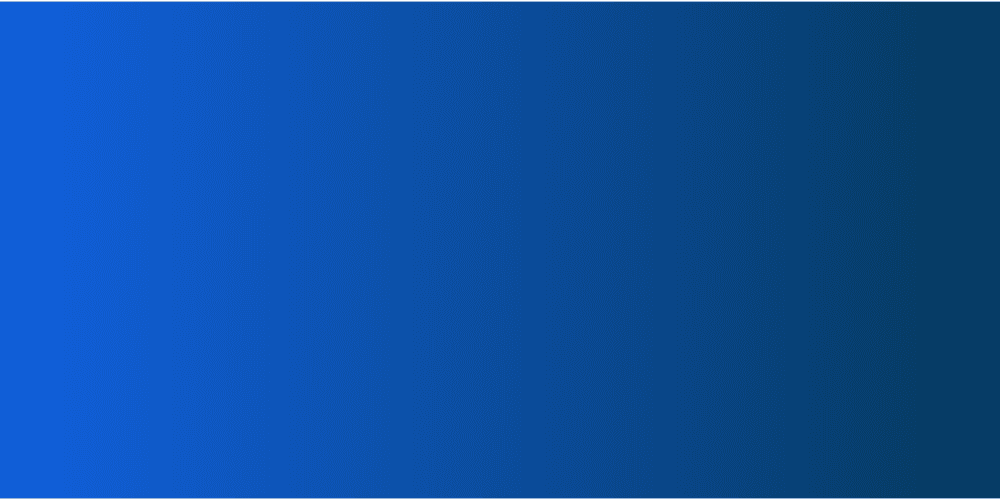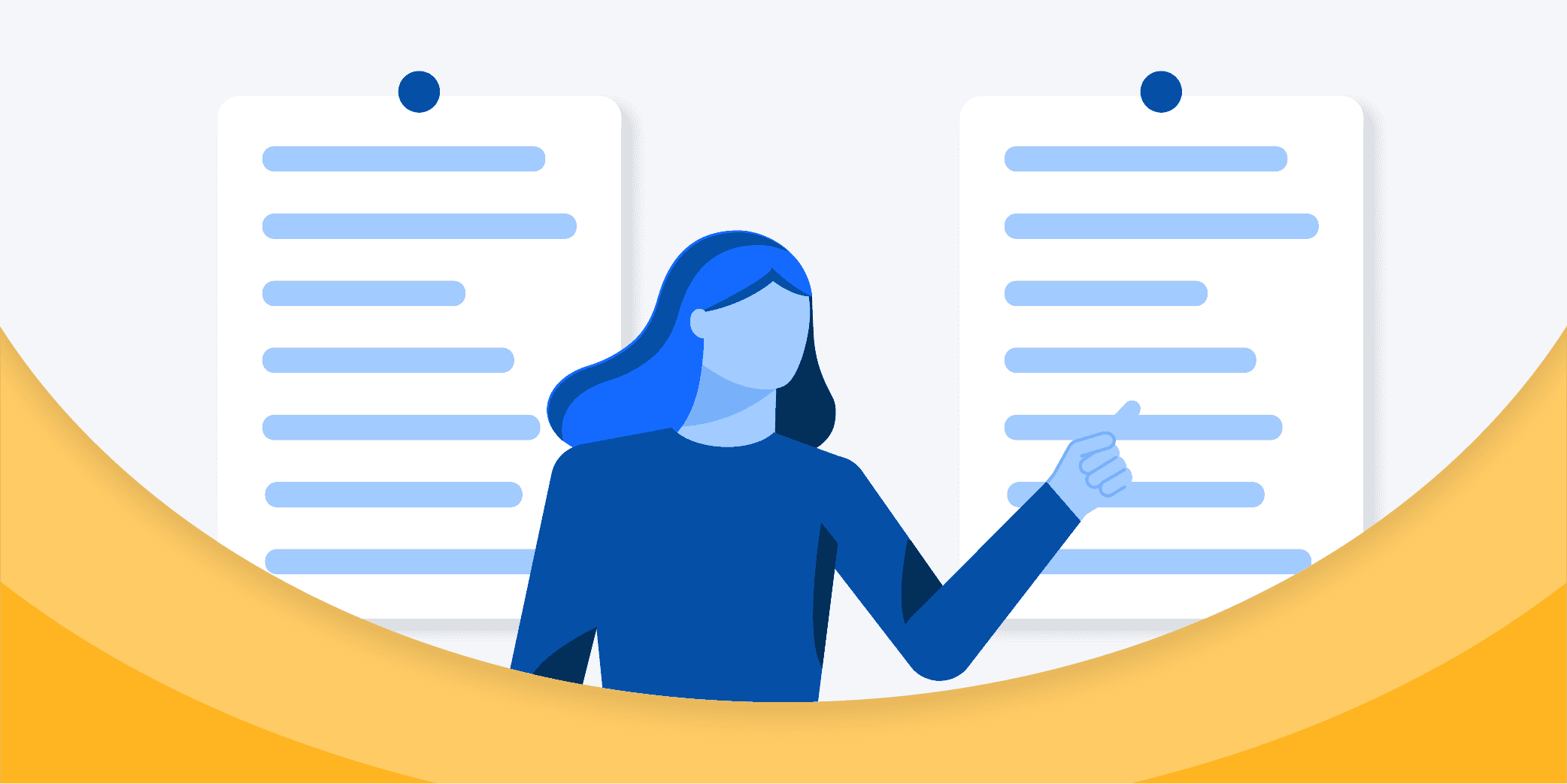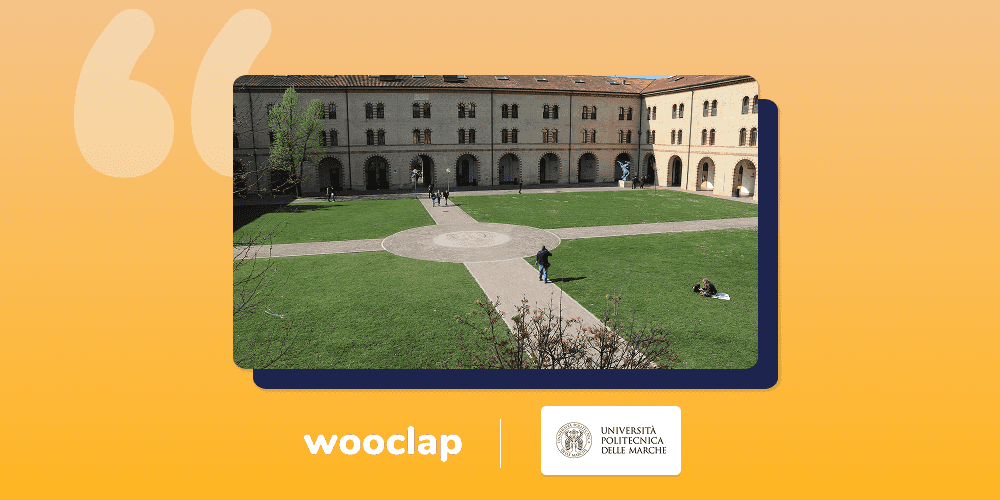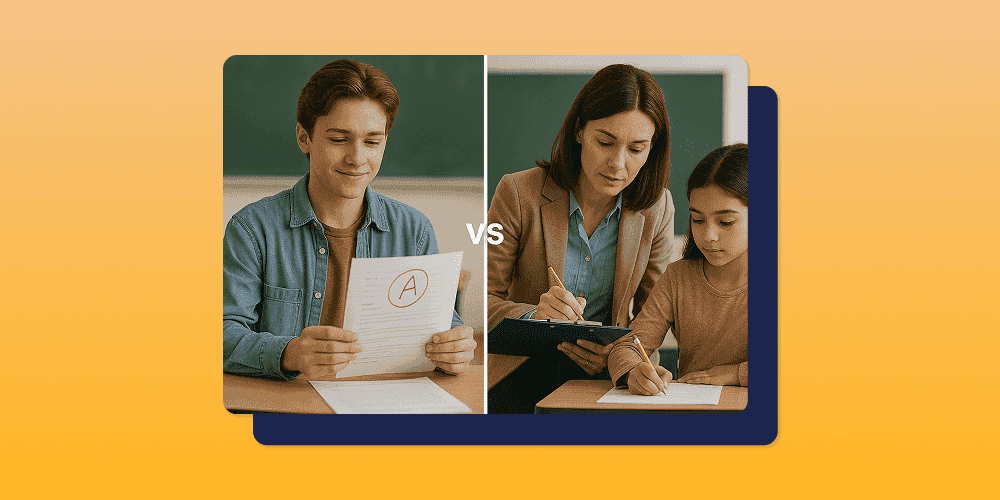
American summer tour! Wooclap will be at InstructureCon 2025
Come say hi at booth 41 from July 22nd to July 24th in Spokane, Washington
2 ways to improve how much students remember
02.10.2018 • 2 minutes

There are two fundamental ways in which teachers can improve how much of what they have been taught in class students will remember. The first is to link new information to students’ prior knowledge, and the second is to limit how much information they have to process at any given time (i.e. avoid cognitive overloading).
1. Link new information to prior knowledge
To create durable memories of something, we need to link new information we receive to knowledge we already possess. In other words, we must create a link between our short-term and long-term memory. Simply processing information in short-term memory, by taking notes and paying attention during class for example, does not guarantee students will remember the information after that lesson.
How, then, do you create a link between a student’s short- and long-term memory? Through a concept called active learning, which we discussed in more detail in a previous article: “Why teachers need to understand how memory works”.
2. Do not share too much information at once
A teacher must be mindful not to overload students cognitively, which can significantly impair their learning. A student’s cognitive load is “the total amount of mental activity imposed on working memory in any one instant”.
Imagine a student who, while studying, is distracted every so often by incoming messages, surrounding noises, and other people’s activities around them. The working memory they can allocate to their course material is greatly reduced, which means their cognitive load is high and their learning becomes sub-optimal. Consequently, this studying session is unlikely to result in much or any effective learning.
The same thing can happen in classrooms. Learners can process only a limited amount of information at any one time, and because lasting memories are made when working memory and long-term memory meet, teachers need to be mindful of overloading students’ finite working memory capacity by carefully choosing which information they want students to process. In turn, students must learn to be equally mindful of how and where they choose to study.
Content drawn from “_The Science of Learning — What Every Teacher Should Know_”, EdX: https://www.edx.org
Writer

Gauthier Lebbe
Content Editor @Wooclap. I love to write, learn, write about learning, and learn about writing. And hit readers with puns they don't see coming. You know, sucker puns.
A monthly summary of our product updates and our latest published content, directly in your inbox.



